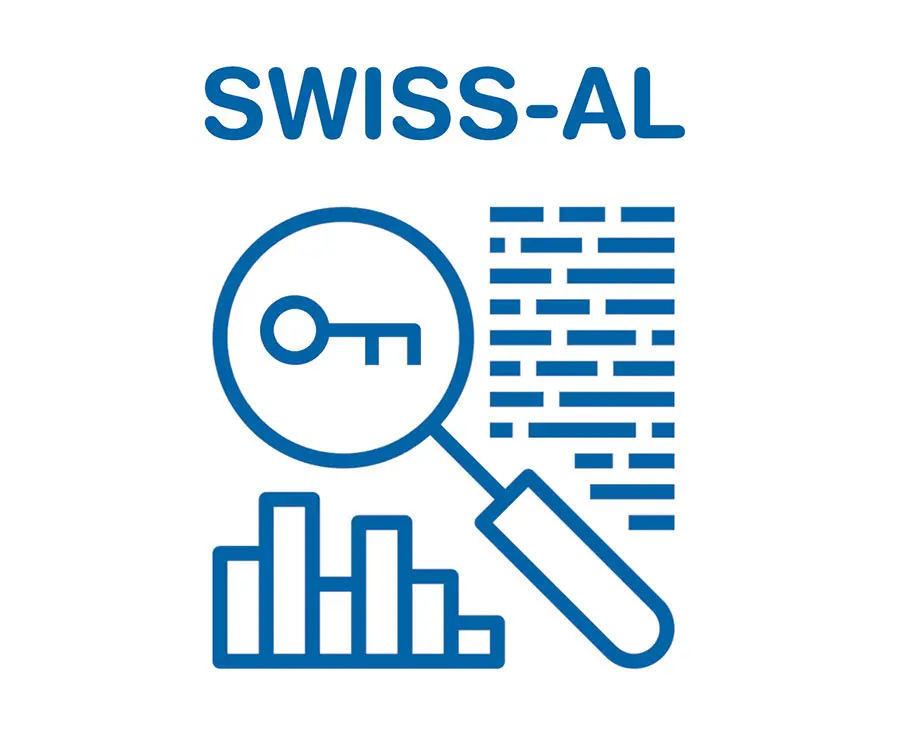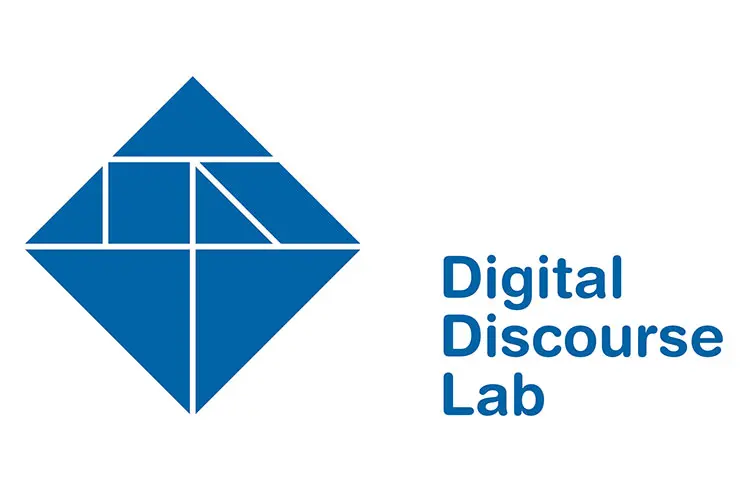Digital Linguistics

In the professorship of Digital Linguistics, we conduct research on the production of written language and its public impact. In doing so, we focus on three areas: discourse analysis, language data analysis methods and writing process research.
For example, with respect to the impact of written language, we investigate how current issues are discussed in Switzerland. This enables us to discover the utterances and actors that are shaping the discourse, allowing us to understand how public language use influences how we think and act. In the professional world, this makes it easier to tailor communication tasks to discourse.
For our analysis work, we develop digital methods to explore language use in large volumes of text. Using AI-based methods, amongst other approaches, this allows us to discover which linguistic patterns characterise this data. We share our findings with the research community and professional practitioners in the form of data collections and analysis tools.
We also investigate how students and language professionals write and revise texts. This enables us to discover which strategies and aids they use. With this knowledge, we facilitate the development of theories and models of the writing process and help to devise new tools to better support writers in the professional world and society in general.
In focus
Swiss-AL corpus

Discourses that shape society arise from patterns of public language use. The Swiss-AL (Swiss Applied Linguistics) language data platform provides the basis for their analysis. It is a multilingual Swiss data collection comprising texts from more than 350 relevant stakeholders from the realm of public communication, including the media as well as the websites of political parties, companies and universities. Flexible data processing allows for data-based and data-driven analyses of social and political discourses. Swiss-AL is available to the research community as an open research data resource in the form of the Swiss-AL workbench.
Monitoring Vaccination Discourse

The WHO has categorised vaccination hesitancy as one of the ten biggest threats to global health. Individual decisions on whether to get vaccinated are influenced by the public discourse on vaccinations. The project therefore observes how the media report on vaccinations, how politicians discuss them, which stakeholders in the area of public health communicate about the issue and how lay people express their views about the subject in public. The project combines innovative basic research using a metadiscourse analysis with applied research to develop a web application. The project is being funded by the Health Research and Wellbeing at UAS and UTE call of the Swiss National Science Foundation.
Digital Discourse Lab

The Digital Discourse Lab is part of the ZHAW School of Applied Linguistics. The Lab comprises experts from the areas of digital linguistics, discourse linguistics and organisational communication. It supports its partners and clients in acquiring skills that enable them to deal with public discourses and also helps them in developing communicative solutions. The Lab tackles problems with social relevance, working both with and for practitioners who are faced with these issues on the ground. To this end, the Lab models, analyses and simulates public discourses on the basis of digital language data.
Digital literacy in university contexts (DigLit)

In this joint project between swissuniversities, the Zurich University of Applied Sciences (ZHAW), the Zurich University of Teacher Education (PHZH), the Bern University of Applied Sciences (BFH) and the University of Neuchâtel, we are investigating how digital technologies can support the writing process. Artificial intelligence (AI) can help as part of intelligent tutoring or during automated writing assessment processes. We are working to integrate such AI-based technologies into university teaching and advisory services, doing so in a systematic and appropriate manner that allows both students and lecturers to benefit. In performing this work, we make use of and further develop computational linguistics methods.
Digital literacy in university contexts (DigLit)
Projects
Unfortunately, no list of projects can be displayed here at the moment. Until the list is available again, the project search on the ZHAW homepage can be used.
Research-based teaching
We offer various courses in all degree programmes at the School of Applied Linguistics. In modules in the BA and MA programmes, students learn about theoretical principles, case studies and practical experiences from our projects.
We supervise Bachelor’s and Master’s theses with a focus on discourse analysis, text production and corpus linguistics, and we arrange for theses to be done with non-academic partners, such as the city of Winterthur or start-ups. We also regularly offer internships for students from various disciplines.
We run the CAS in Writing: Professional Writing, Editing and Designing in Times of AI and teach in the CAS in Political Communication and the CAS in Content Marketing. We are also involved in the continuing education course on generative AI and further education.






